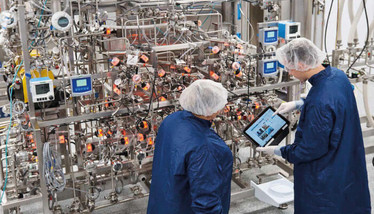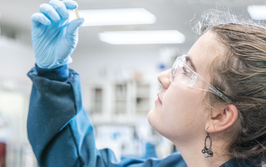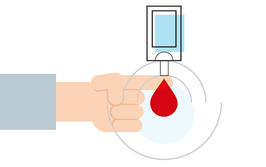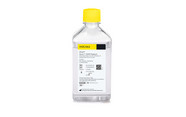Business-in-Brief
Continuous processing, exporting generics and alleviating drug shortages… what’s new for pharma in business?

Facilities
- Sanofi has opened a “digital manufacturing” facility in Framingham, Massachusetts, which makes use of intensified, continuous bioprocessing technology, as well as paperless and data-driven manufacturing. The company is also planning to digitally upgrade some of its older plants in Toronto (Canada), Suzano (Brazil), Waterford (Ireland), Sisteron (France), and Geel (Belgium).
- The Shanghai Institute of Pharmaceutical Industry has received an FDA warning letter after refusing a planned inspection. The facility is listed as a contract testing laboratory for API characterization and identification.
Deals
- LIFEPharma has signed an agreement with Apotex, a generic drug producer in Canada, that will enable LIFEPharma to export drugs for commercialization in Canada. LIFEPHarma is based in Dubai and will be the first United Arab Emirates company to export generics to the North American market.
- Back in 2016, the UK’s medicines cost watchdog, NICE, rejected the use of Vertex’s cystic fibrosis drug, Orkambi, for use in England because of cost effectiveness related to uncertainty around the long-term value and impact. Following over three years of discussions, NHS England and Vertex have finally reached an agreement to make the drug available in the country. Full details of the agreement have not been disclosed, but Vertex will be required to submit its full portfolio to NICE for appraisal.
Regulation
- The FDA’s Janet Woodcock has recently written a blog for the agency’s website urging manufacturers to sell quality to help reduce drug shortages. Although adherence to cGMP is mandatory, Woodcock says that another element to quality in manufacturing is “the ability to reliably make the product in sufficient quantities and with sufficient speed to ensure that supply consistently meets demand over sustained periods of time.” The FDA has been exploring a number of potential solutions to drug shortages, including a rating system that could inform purchasers, and even consumers, about the quality management maturity of the facilities making the drugs. The agency is also planning to release a report focusing on the root causes and potential solutions to drug shortages in the near future.

Making great scientific magazines isn’t just about delivering knowledge and high quality content; it’s also about packaging these in the right words to ensure that someone is truly inspired by a topic. My passion is ensuring that our authors’ expertise is presented as a seamless and enjoyable reading experience, whether in print, in digital or on social media. I’ve spent fourteen years writing and editing features for scientific and manufacturing publications, and in making this content engaging and accessible without sacrificing its scientific integrity. There is nothing better than a magazine with great content that feels great to read.


















